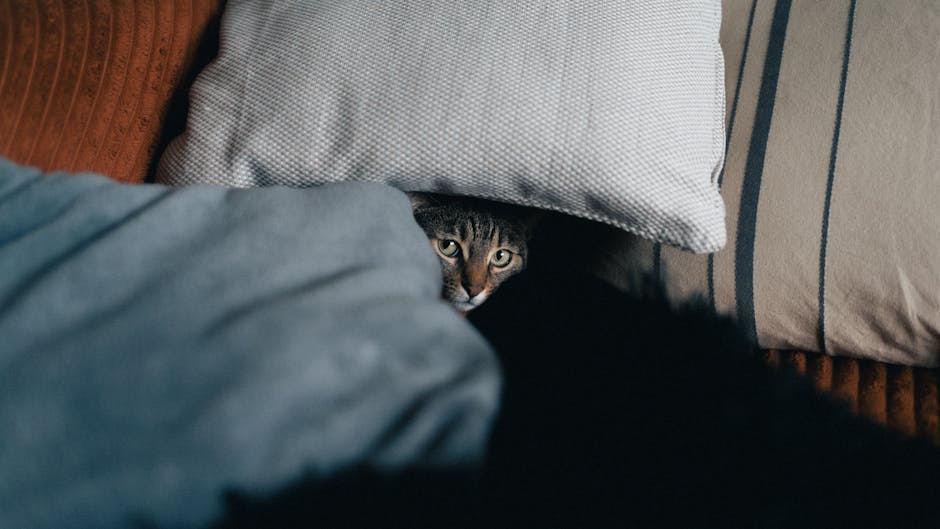
Sunscreen for Home Use? Why You Still Need It Indoors
Many people assume sunscreen is only necessary outdoors. But here’s the truth: UVA rays can penetrate windows and silently damage your skin. Whether you're working from home, caring for family, or simply relaxing indoors, your skin still needs daily protection. Learn how to build an effective, cruelty-free indoor sunscreen routine tailored to your skin and lifestyle.
Why Use Sunscreen at Home?
Think you're safe from sun damage inside your home? Think again. Glass windows block UVB rays, but UVA rays—which cause aging and pigmentation—can still reach your skin. Over time, this leads to premature wrinkles, uneven tone, and even skin cancer. That’s why using sunscreen for home is not just smart—it’s essential.
Did you know? UVA rays make up 95% of the UV radiation that reaches the earth—and they can reach your skin even when you’re indoors.
Sunscreen for Home: Quick Answer
Sunscreen for home protects against indoor UVA exposure from windows, screens, and LED lighting. Choose a broad-spectrum SPF 30+ formula—preferably cruelty-free—and apply it every morning, even if you don’t step outside.
- Use SPF 30+ broad-spectrum sunscreen daily
- Reapply every 4 hours if near windows or working under bright light
- Opt for non-comedogenic, lightweight textures
- Pair with curtains or UV-filter films for extra protection
How UV Light Affects You Indoors
Most indoor spaces still expose you to ultraviolet radiation. Here’s how:
- Windows: Standard glass blocks UVB but not UVA rays.
- LED & fluorescent lights: May emit low levels of UVA, especially in workspaces.
- Screens: While minor, extended screen time can increase skin stress and photoaging.

How to Choose a Home Sunscreen
Look for sunscreens that are lightweight, non-greasy, and formulated for daily wear. Here's a quick comparison:
| Type | Texture | Finish | Best For |
|---|---|---|---|
| Mineral Sunscreen | Matte | Natural | Oily/Sensitive Skin |
| Chemical Sunscreen | Lightweight | Dewy | Dry/Combination Skin |
| Tinted Sunscreen | Silky | Evening tone | Pigmentation-prone |
Custom Tips by Skin Type
For Oily or Acne-Prone Skin
- Look for oil-free, gel-based sunscreens with zinc oxide or niacinamide
- Mattifying SPF formulas help reduce shine
For Dry or Mature Skin
- Choose hydrating SPFs with hyaluronic acid or ceramides
- Cream-based formulas provide a moisture barrier
For Sensitive Skin
- Stick to fragrance-free, mineral-based sunscreens
- Patch test before full-face application
Creating a Daily Indoor Routine
Consistency is key when building a protective skincare habit. Here’s how to start:
- Cleanse and moisturize your face as usual
- Apply sunscreen for home use generously—don’t skip your eyelids, neck, or ears
- Let it sit 15 minutes before exposure to light (e.g., desk by window)
- Reapply mid-day, especially if sitting near direct sunlight or using LED ring lights

Best Cruelty-Free Sunscreens for Home
Choosing the best sunscreen cruelty free means you protect both your skin and animal welfare. These top-rated options are ideal for indoor use:
- Supergoop! Unseen Sunscreen SPF 40 – Lightweight, invisible finish
- EltaMD UV Clear SPF 46 – Great for acne-prone and sensitive skin
- Paula’s Choice Defense SPF 30 – Antioxidants + SPF for screen exposure
- COOLA Mineral Matte SPF 30 – Non-toxic, reef-safe, cruelty-free
FAQs
Do I really need sunscreen if I stay inside all day?
Yes. UVA rays can penetrate windows and accelerate skin aging, even indoors. Applying sunscreen daily indoors helps prevent long-term damage.
What SPF is best for indoor sunscreen?
SPF 30 is sufficient for most indoor exposure, as long as it's broad-spectrum and reapplied as needed.
How often should I reapply sunscreen indoors?
Reapply every 4 hours if you’re near windows or under strong artificial lighting. Otherwise, once in the morning is usually enough.
Is mineral or chemical sunscreen better for home use?
Both work well, but mineral sunscreens offer gentler protection and are ideal for sensitive or acne-prone skin.
Can sunscreen replace curtains or window films?
No, sunscreen protects your skin, but adding UV-blocking curtains or films provides an extra layer of protection for both skin and furnishings.
Pillar Article: Best Sunscreen Protection for Sensitive Skin: A Guide That Works
Other Related Articles:
Explore More:



0 Comments